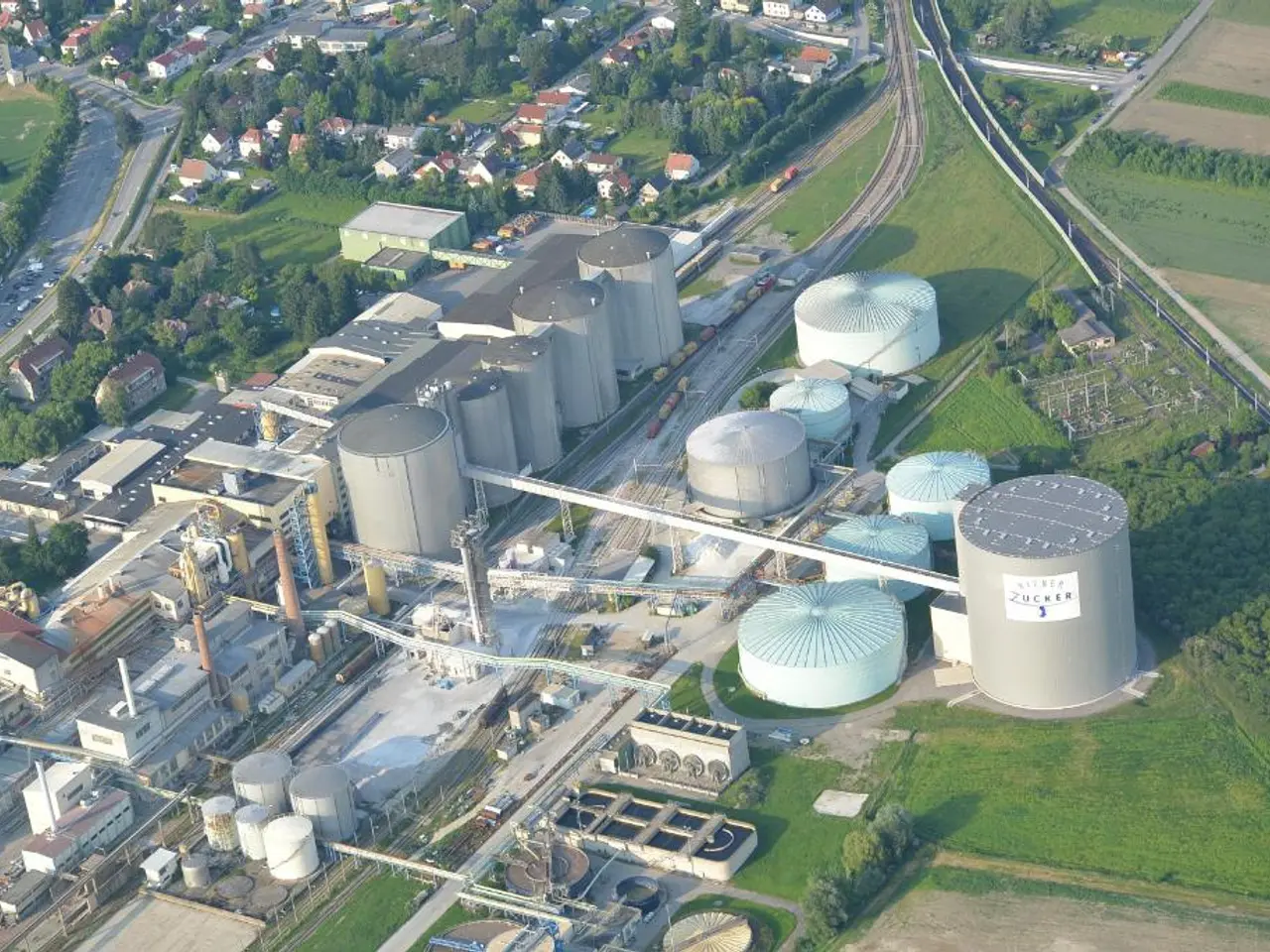Planned complete shutdown of a highway
In a recent development, concerns have been raised about the cost and environmental impact of several motorway expansion projects in Northern Germany. The debate was sparked by Christoph Ploß, a CDU member of the German Bundestag based in Hamburg, who reminded the government of a promise made when the special fund was decided – that additional money would flow into infrastructure.
The focus of the controversy lies in the 74 projects for the expansion and new construction of motorways, expected to have "permanent construction rights" by 2029. One of the most contentious projects is the A26 East, which faces criticism for potential environmental damage. In fact, a lawsuit against the A26 Ost motorway is scheduled for September 30 by environmental associations NABU and BUND.
The environmental groups argue that billions should not be wasted on unnecessary bypass highways and that existing bridges, roads, and railway tracks should be maintained for the competitiveness of Northern Germany. Their concerns about the estimated cost of around 2.4 billion euros being too low for the A26 East project are linked to broader warnings about underestimated expenses and underestimated modernization needs in German transport infrastructure.
The replacement of the three-kilometer-long, four-lane Köhlbrand Bridge to the north is estimated to cost 5.3 billion euros. The estimated costs for the A26 East project, including a large bridge construction, are likely too low, according to recent reports.
The Federal Ministry of the Environment has published a report questioning the cost-benefit ratio of the A20 and A39 projects. Under a future high CO2 price, the cost-benefit ratio of the A39 project becomes negative.
The Federal Court of Auditors has warned that the ministry would not achieve its goal of renovating the most important motorway bridges by 2032. The Motorway Company will miss its own, lower-set modernization target due to its personnel shortage.
As early as April, the Federal Court of Auditors had warned that the Federal Ministry of Transport was at risk of failing to maintain the transport network. The federal budget of 2026, which is currently being debated, will determine whether these projects are financeable.
The expansion and new construction of motorways in Northern Germany is currently on hold. The deficit for federal roads and motorways for the period from 2026 to 2029 is around 15 billion euros.
These issues highlight the need for careful consideration and responsible planning when it comes to investing in Germany's transport infrastructure. As the debate continues, it is crucial that the government takes into account the potential environmental impact and cost-effectiveness of these projects to ensure that taxpayers' money is used wisely and that Germany's transport network remains competitive and sustainable.





